Visionary behind Ipswich’s Abadi Gaia Adult Residential Village
An award-winning Queensland developer has plans to build the country’s leading ‘real deal’ retirement ecovillage, as he battles his own serious health issues.
Ipswich
Don't miss out on the headlines from Ipswich. Followed categories will be added to My News.
With only a handful of years of life left to live in an able body, a global award-winning developer has set his sights on redefining how Australians spend their golden years.
Adam Slijderink’s vision is to create a leading retirement village in Ipswich, with strong connections to nature.

The CEO project partner said pending approval, he will build the Abadi Gaia Adult Residential Village at Goodna, which will be the first of its kind in Australia, boasting inclusive, quality, and affordable living.
The development plans were lodged with Ipswich City Council (ICC) in July 2021, and seeks to build 189 independent living units, an aged care and dementia facility with another 81 beds, and 14 special disability accommodation units.
Mr Slijderink said the facility will fill a large hole in the current market by providing a range of specialist support to residents in an inclusive environmentally friendly resort setting.
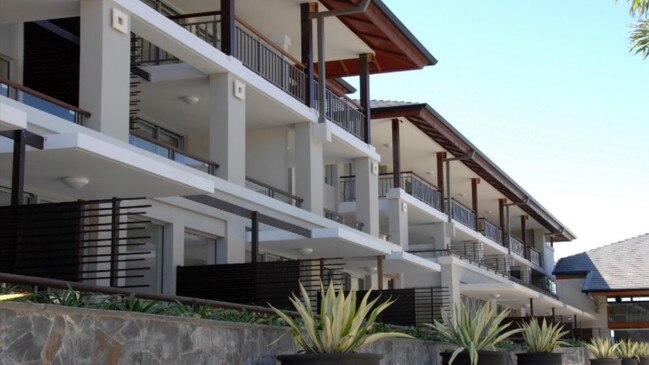
“Everyone says ‘Adam, don’t do a retirement community with dementia or aged care because other people don’t want to know about it’,” he said.
“This is where people misunderstood the market – five out of seven people over 65 years of age have a permanent injury.
“There’s certainly good developments in Australia, but on average we have certainly let our retirees down. Personally I don’t think we look after them good enough.
“How many times can you say you’ve been to a retirement village in Australia and gone, ‘wow, that’s somewhere I would really like to go and live’, I think it’s appalling and it’s not necessary, it can be done properly.
“I’m going to sell the real deal and take pride in it.”
SEED PLANTED
The former environmental specialist said he bought the site at 107 Bertha Street Goodna more than a decade ago, although the plan started to come to fruition when he became disabled following a car crash which caused extensive spinal damage.
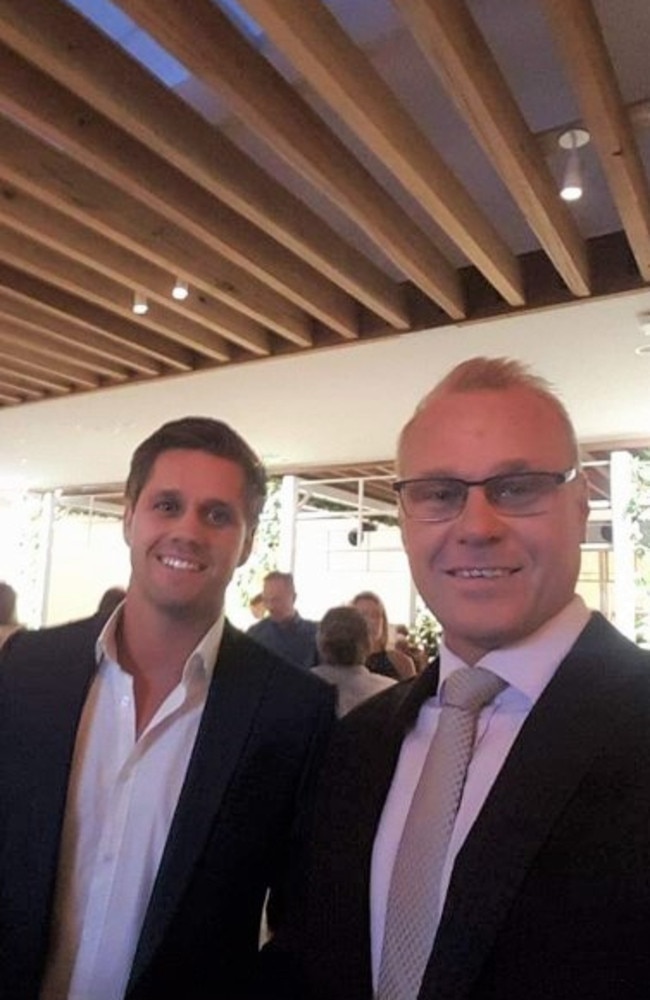
“At the time they thought I would never walk or move again,” he said.
“It was three years of crying pain every minute of every day, because the spinal column was crushed, it was making me feel like I was burning on fire in an oven for three years before they could operate.”
Mr Slijderink said after breaking his neck he no longer has use of his right arm or shoulder, and in about five to 10 years he will be a quadriplegic.
“When I was doing rehab I thought, ‘this needs to be done differently, it’s fine for me I have money, but what about other people who don’t?’,” he said.
“That’s why we moved to do a development which particularly addresses people with disabilities.”
GAME CHANGER
With a background in designing and building award-winning resorts across the globe, Mr Slijderink said his holistic approach, globally recognised design skills, and environmental consideration would set the facility apart from any other in Australia.
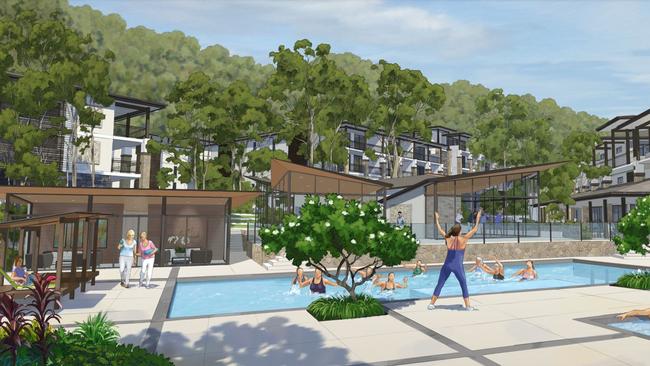
“Our desire is to create an eco-retirement village … with intrinsic value in terms of engagement,” he said.
“It’s a fundamental thing so we have intrinsically layered it through every stage of the development.”
By ensuring residents’ minds and bodies are stimulated through not only activities but also architectural design techniques including Feng Shui, Mr Slijderink said the facility would provide a level of quality to enhance and extend residents’ lives.
“We are designing it completely differently, we’re designing for a 100-year life, we will probably be the first retirement village in Australian history to design for out residents to stay,” he said.
“The current retirement model is that you try to move tenants every seven to 10 years.
“We are designing for people to stay and enjoy it. We aren’t going to move people on as quickly as possible, we think that’s unethical and we want to change the game.”
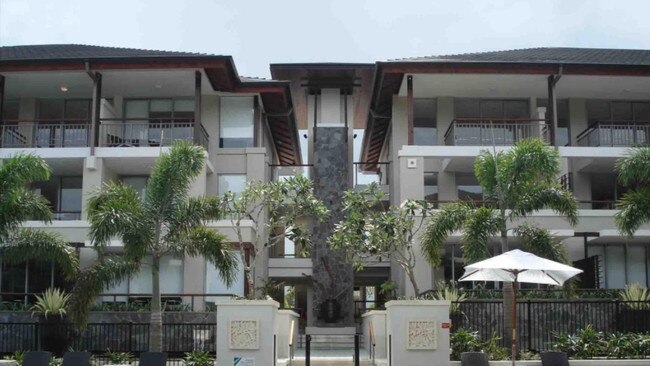
The list of amenities and activities planned for Abadi Gaia are endless and include: a wine bar, restaurant, salon, Japanese inspired Zen bath house, pool side fire pits, a community garden, library, lawn bowls green, croquet, woodwork workshop, a full gym, and more.
Mr Slijderink said the development would “blow anything else in Ipswich completely off the map in terms of quality”.
“I’m expecting to be the most affordable retirement village in this market … the best bank for buck, not the cheapest and as you can see by the (amenities) we are providing, you won’t find more facilities in the Sheridan.
“There’s a way to do (affordable) luxury. I’m not putting gold taps in peoples bathrooms, I’m doing excellence in design.”
SAFEGUARDING THE ENVIRONMENT
The Abadi Gaia Adult Residential Village, which means timeless mother Earth, will be designed deeply integrated with nature, and Mr Slijderink said he’s spending more than $2m on making the site habitable for koalas.
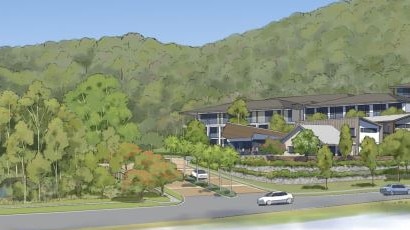
Mr Slijderink said environmental reports dating back to 2007, and more recently in 2021 by independent koala specialists, showed that Koala’s did not seem to be using the site – however two to three may pass through once a year.
“And we don’t know if it’s the same koala crossing,” he said.
“The koalas pass through our site because there’s not enough nutrients in the vegetation for them to digest it so we are trying to fix that,” he said.
Mr Slijderink said the development would be located on 15.5 per cent of the parcel of land which would not affect the handful of primary koala trees on the property.

“For every hectare we clear, three hectares (of ideal koala trees) get planted,” he said.
“At the moment Koalas are using it but they can’t benefit from the site … My personal goal is to have more koalas on the site when we finish.
“Our total expenses for Kola contributions will be in excess of $2m.
“We are very environmentally minded … I’m racking my brain trying to figure out why people are so angry with me, I don’t understand.
“I did this on an old project 15 years ago when there was no koala legislation.”
Mr Slijderink said special koala signalling will also be installed, and once car headlights reflect off them around the site boundary, the animal will freeze rather than running into traffic — along with a raft of other protection and rehabilitative programs.
Mr Slijderink said the site will be rehabilitated for a number of other native animals, as well introducing bee hives and specific pollinating flowers.
“We think we have done a really good job at addressing the real issues and we are extremely committed to it, I intend to make this the best project I have ever done,” he said.
“It will be one of the last projects I micro manage before (my health deteriorates) – I have five years to get it perfect.”



